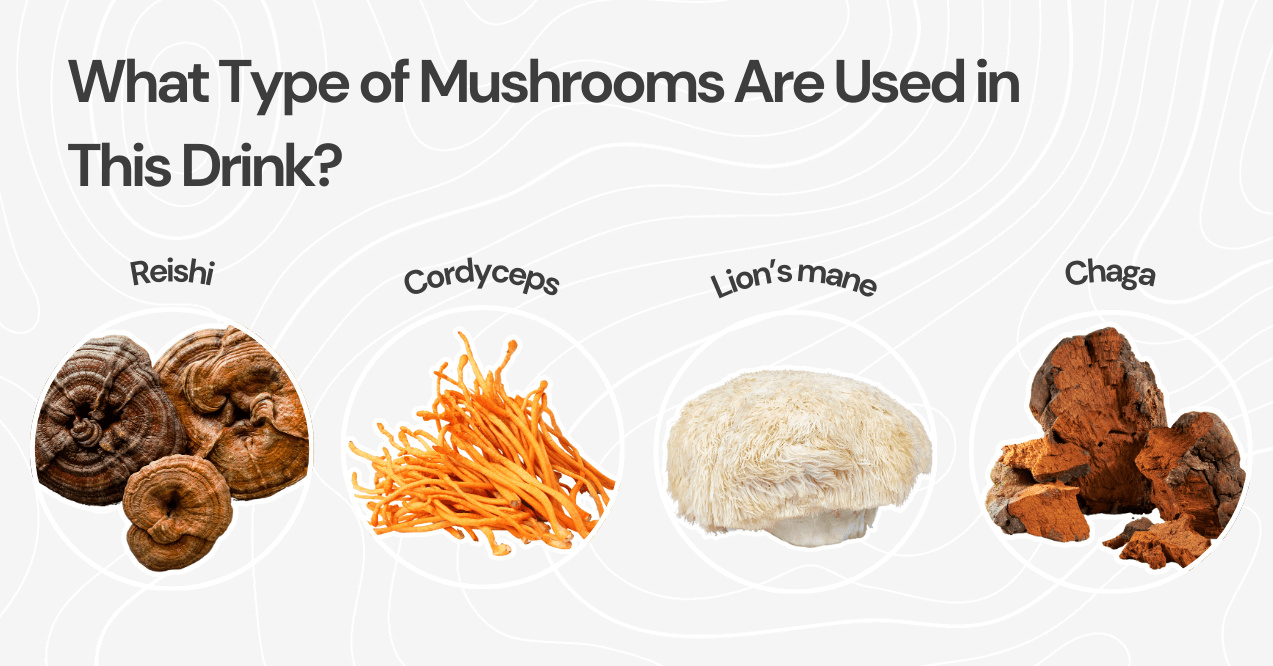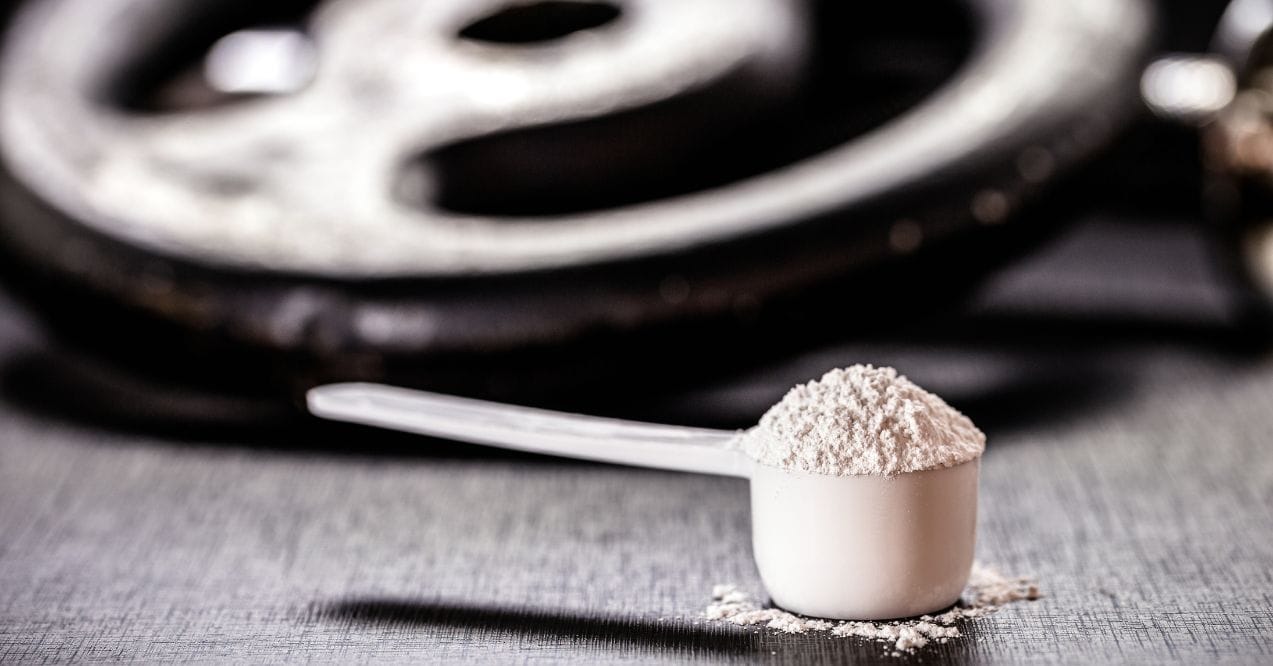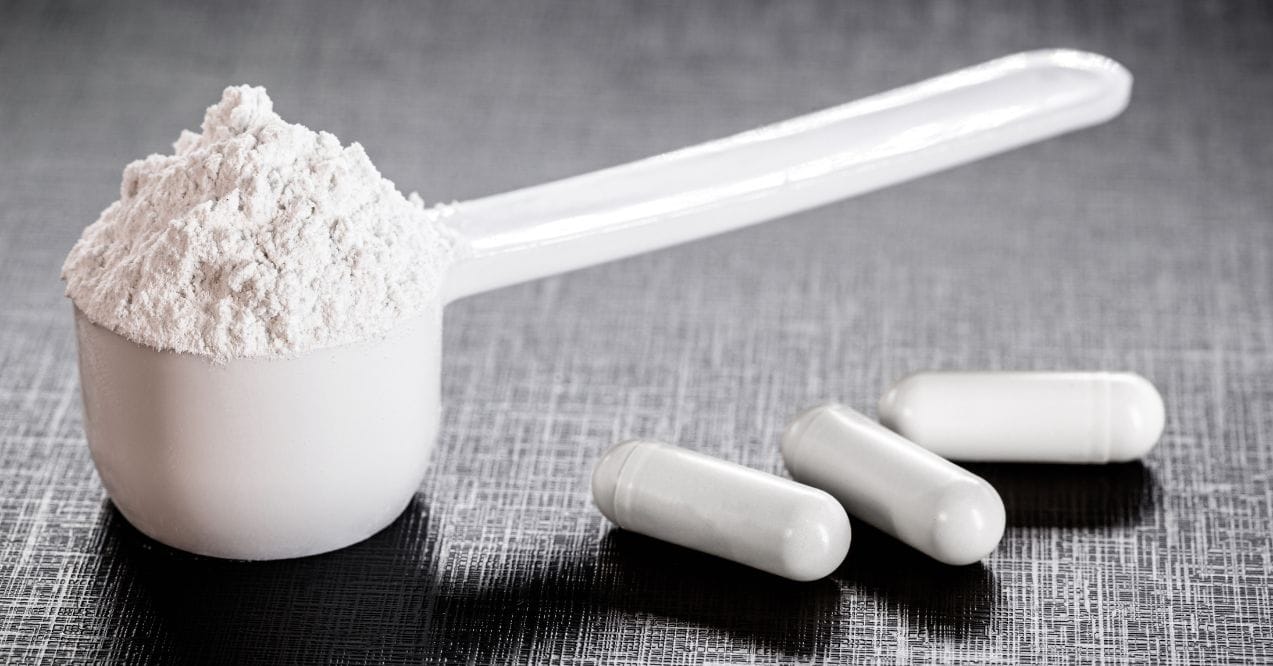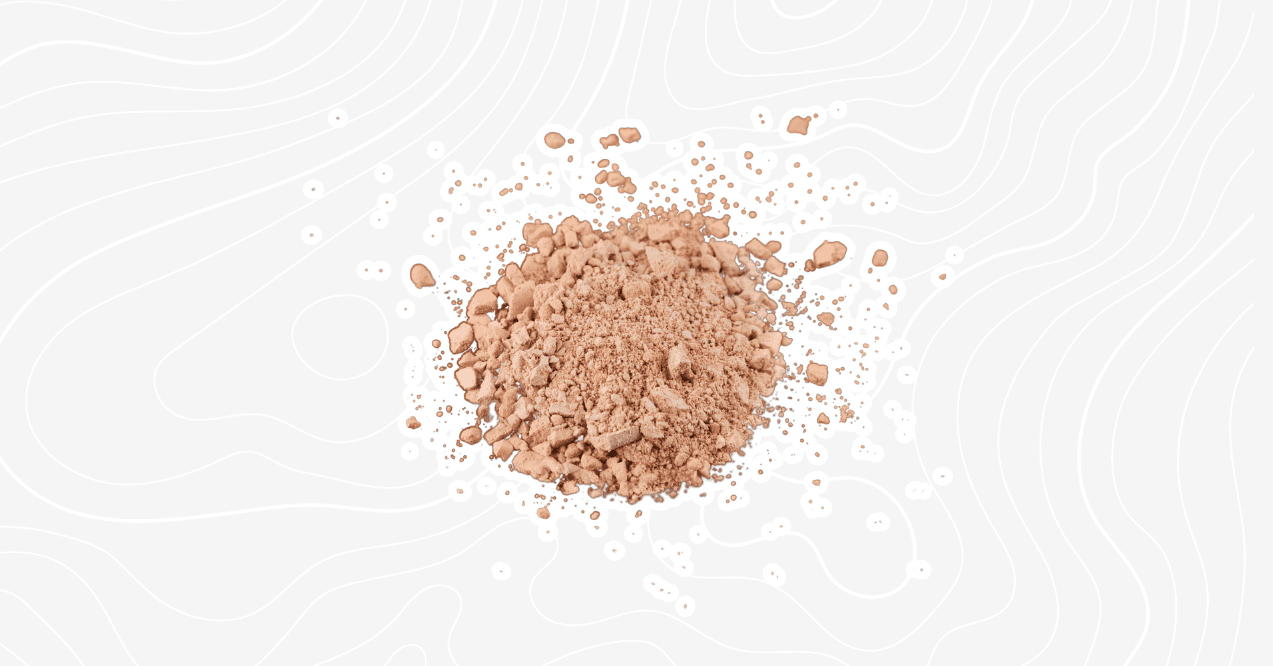Pros and Cons of Mushroom Coffee
Mushrooms can make a billion more of themselves in just a day. Guess what? Mushroom coffee is spreading just as fast. It might sound weird to mix “mushroom” and “coffee,” but everyone’s talking about it now. Look it up — what does mushroom coffee taste like? The pros and cons of mushroom coffee are a hot topic, with five times more Google searches this year than last.
What’s got everyone so excited about mushroom coffee? Is it really something that can make you healthier, or will it fade away like a trend? Much like performance supplements, mushroom coffee is being praised for its potential to boost energy, support brain function, and even enhance overall wellness. But is it truly as beneficial as some claim, or just another health fad?
We’re getting down to the nitty-gritty here. Let’s talk about the good and not-so-good things about mushroom coffee. You’ll learn how to make it, what it’s all about, and a whole lot more. It could help with serious stuff like cancer and brain health or be as strange as mushrooms that control insects. By the end of this, you’ll know all about the pros and cons of mushroom coffee and if it’s a good fit for you.
Key findings:
What Is Mushroom Coffee?
Thinking of tossing those fridge mushrooms into your morning brew? Let’s pause for a moment. Mushroom coffee isn’t just your garden-variety fungi mixed with java. No ordinary mushrooms like portobellos or porcinis here. And no, kombucha fans, that’s not a mushroom either.
What we’ve got here is a special blend. Mushroom coffee comes from infusing coffee with specially selected mushroom extracts. You might wonder why. The answer is that this brew keeps the caffeine buzz we all love and adds something more. It’s got an earthy taste and may pack some health benefits too.
These aren’t just any health claims. The mushrooms in your cup are chosen for their wellness-boosting reputations. As everyone’s looking for easy ways to up their health game, mushroom coffee is stepping up. It offers a unique twist on taste and a shot at feeling better, one sip at a time. This trendy drink is making a name for itself in the bustling world of coffee enthusiasts.

Pros and Cons of Mushroom Coffee
What happens when you combine mushrooms and coffee? We’re going to take a deep dive into the various pros and cons of mushroom coffee future drinkers might face when trying to incorporate this one-of-a-kind beverage into their diet.
Benefit #1: Medicinal Compounds
A myriad of medicinal compounds go into a single cup of mushroom coffee. Covering them all would take forever, but let’s explain some of the most important compounds to look out for.
- First up, antioxidants – you’ve probably heard about these heroes. They’re found in lots of plant foods and are super important for stopping harmful molecules, known as free radicals, in their tracks. This action helps fend off cell damage and might even lower the risk of long-term diseases.
- Then, there are triterpenes. These compounds are like the body’s personal wellness coaches, especially with their anti-inflammatory and antioxidant skills. They keep inflammation in check, which is great news for fending off things like arthritis and other inflammation-related conditions.
- Adaptogens are another group of natural helpers. Think of them as the body’s stress managers. Found in plants like ginseng, they help our bodies adjust to stress and keep our internal scales balanced. They’re getting a lot of buzz for their ability to help us bounce back from stress.
- Beta-glucans are next in line, serving as a boost for our immune system. They work like a gym trainer for immune cells, getting them ready to fight off bugs and illnesses that come our way.
- Last but not least, polysaccharides play the role of immune system regulators. They help keep our body’s defense responses in tip-top shape, crucial for staying healthy.
By sipping on mushroom coffee, you might just be giving your body a lineup of health-boosting teammates!
Benefit #2: Natural Ingredients
Ever wonder what makes mushroom coffee stand out from your regular cup of joe? Let’s get into the nitty-gritty of what you’re sipping on:
First off, this brew is straight from nature. Think of coffee beans picked from lush trees under the tropical sun, especially from South America’s famous coffea arabica spots. No need for any artificial stuff here. However, if you’re eyeing a packaged product, do take a moment to check out the label — it’s always best to know what you’re drinking.
And here’s the simple equation: mushroom extracts plus coffee equals mushroom coffee. That’s the heart of it. From there, you can mix and match mushroom types to find your perfect blend. As with traditional coffee, the add-ons are up to you. Whether you like it black, sweetened, or creamy, just remember that the more you add, the more you might sway from those natural health perks.
So, when you reach for mushroom coffee, you’re embracing simplicity and all-natural goodness in your mug.
Benefit #3: Lower Caffeine
Let’s chat about caffeine – that trusty kick-start we all know and love. Mushroom coffee stirs up the game with its caffeine content. It’s true, this earthy blend usually has about half the caffeine you’d find in regular brewed coffee.
Now, whether that’s a pro or a con is totally up to you. If you’re the type who needs a strong caffeine surge to jumpstart your day, mushroom coffee might leave you a bit wanting. But if you’re looking to cut down on caffeine without giving up the cozy comfort of a warm cup, mushroom coffee could be your perfect match.
In the end, mushroom coffee offers a milder way to enjoy your morning ritual, making it a great choice for those looking to take it easy on the caffeine without missing out on the joy of a good brew.
Drawback #1: Side Effects
While mushroom coffee is making waves for its health perks, it’s just as crucial to talk about the possible downsides. Some folks might find their tummies aren’t too happy after a cup, dealing with discomforts like bloating or gas. It’s also worth noting that the special compounds in mushrooms can sometimes mess with medications, changing how they work or triggering unwanted side effects.
Allergy alert! Since mushroom coffee has a mix of mushroom types, if you’re allergic to one, you might have a reaction. Plus, the caffeine in mushroom coffee, even though it’s less than in regular coffee, could still cause the jitters, make your heart race, or mess with your sleep — caffeine sensitivity is no joke!
There’s another thing: mushrooms have oxalates. These little compounds can grab onto minerals, like calcium, and form crystals. If these crystals pile up, they can turn into kidney stones.
So, before you jump on the mushroom coffee bandwagon, especially if you’ve got health conditions, are expecting or breastfeeding, or you’re on any meds, discuss it with your doctor. It’s always better to play it safe with your health.
Drawback #2: Cost
The cost of mushroom coffee can vary widely depending on factors such as the brand, quality of ingredients, mushroom types used, and packaging. Still, no matter how you slice it, mushroom coffee is going to be more expensive than traditional coffee.
Buying a premade mix can run you upwards of double the price of regular coffee. If you want to channel your inner barista and make it from scratch, you’ll undoubtedly save a decent chunk of change. Even still, unless you’re a mushroom farmer by trade, the added ingredient required can only increase your total expenses.
How to Make Mushroom Coffee
Here is a generalized step-by-step guide to making a cup of mushroom coffee personalized to your tastes! For specific recipes, we have prepared an excellent article on Easy Recipes Using Coffee as a Secret Ingredient in various ways.
- Choose Coffee: Select your favorite coffee grounds, whether they’re regular coffee, decaf, or any other preferred variety. Ensure the coffee you choose complements the earthy tones of mushroom extracts.
- Gather Ingredients: Acquire high-quality mushroom extracts and your preferred coffee grounds. To help with this step, visit the next section (What Type of Mushrooms Are Used in This Drink?)
- Brew Coffee: Brew a cup of coffee using your method of choice, such as a drip coffee maker, French press, or pour-over. Follow your usual coffee-making routine.
- Prepare Mushroom Extract: While your coffee is brewing, prepare your mushroom extracts. You can purchase these as premade extracts or powders. Follow the instructions on the packaging to determine the appropriate amount of extract to use.
- Combine Coffee and Extract: Once your coffee is ready, add the desired amount of mushroom extract to the brewed coffee. The amount of extract may vary depending on your personal preferences and the potency of the extract.
- Stir Thoroughly: Stir the mushroom extract into the coffee until well combined.
- Modify According to Preference: How do you like your coffee? If you prefer your coffee with sweeteners or creamers, you can add them at this stage. Keep in mind that certain additives may alter the potential health benefits of mushroom coffee.
- Enjoy: Sit back, relax, and savor your homemade mushroom coffee. Take note of the unique taste profile. If it’s not your cup of tea, remember what needs improvement for next time. Trial and error is an essential step to finding the perfect blend that works for you.
What Type of Mushrooms Are Used in This Drink?

Considering the many mushroom varieties out there, how do you know what’s best? We’ve pulled the collective wisdom of coffee aficionados from around the world to find the best, tried-and-true fungi for any aspiring barista.
- Reishi (霊芝) mushrooms, known as lingzhi (靈芝) in Traditional Chinese, have been lauded as the legendary “Mushroom of Immortality” for thousands of years. While it may not make you immortal, it’s not hard to see how it got that reputation. Reishi strengthens the natural killer cells in your body. Those cells are responsible for destroying infected and diseased cells, including cancer. It’s also shown to have antihistaminic and anti-inflammatory properties to help manage allergy symptoms.
- Chaga mushrooms are a type of fungus that historically has had a reputation for curing almost anything. Similar to reishi, chaga can stimulate your immune system, better equipping it to deal with would-be threats. It’s also been empirically demonstrated to reduce fatigue in mice, lower LDL bad cholesterol, and improve gut health in mice. However, human trials involving chaga are rare, with the only example being one study from 1973 with questionable methodology.
- Lion’s mane mushrooms (also known as the monkey head mushroom) are large and covered in majestic streaks of snow-white hair. This mushroom can stimulate hericenones and erinacines, helping fight depression, anxiety, and dementia. Using this mechanism, it can also accelerate the nervous system’s recovery from injury. Let’s not forget the powerful immune system-enhancing effect we’ve become so accustomed to from these shrooms!
- Cordyceps, a genus of parasitic fungi, develops by infecting the larvae of insects. The fungi replace their host’s flesh with their own, tissue by tissue, until the resulting growth emerges from its body in long strands. The resulting mushroom increases blood flow to the organs and muscles, oxygen utilization, and lower fatigue. These attributes make it popular among athletes.
Conclusion
As we conclude our exploration, let’s weigh the pros and cons of mushroom coffee to better understand its burgeoning popularity in the health and wellness community.
Pros:
- Contains antioxidants, triterpenes, adaptogens, beta-glucans, and polysaccharides that may offer health benefits.
- Mushroom coffee uses natural components and may be more beneficial compared to artificial ingredients.
- Generally contains less caffeine than regular coffee, which might suit those looking to reduce caffeine intake.
Cons:
- Some individuals may experience digestive discomfort, and there’s potential for interactions with medications or allergies.
- Mushroom coffee is usually more expensive than regular coffee, whether pre-made or homemade.
It’s clear that this innovative beverage offers both unique advantages and considerations, leaving you to weigh its potential health benefits against personal preferences and costs.
Mushroom coffee is a blend of regular coffee and mushroom extracts like Reishi, Chaga, or Cordyceps. It offers the familiar taste of coffee with earthy, nutty undertones and may provide additional wellness benefits due to the medicinal properties of the mushrooms.
Mushroom coffee contains antioxidants, adaptogens, and beta-glucans that may support immune function, reduce inflammation, and help manage stress. Its lower caffeine content also offers a milder energy boost, making it a popular choice for those seeking natural wellness.
Some individuals may experience digestive discomfort or allergic reactions, and mushrooms can interact with certain medications. Additionally, mushroom coffee is typically more expensive than traditional coffee, making it a pricier option for daily consumption.
Advertisement. This site offers health, wellness, fitness and nutritional information and is designed for educational purposes only. You should not rely on this information as a substitute for professional medical advice, diagnosis, or treatment. If you have any concerns or questions about your health, you should always consult with a physician or other health-care professional. Do not disregard, avoid or delay obtaining medical or health related advice from your health-care professional because of something you May have read on this site. The use of any information provided on this site is solely at your own risk.
Advertisement. This site offers health, wellness, fitness and nutritional information and is designed for educational purposes only. You should not rely on this information as a substitute for, nor does it replace, professional medical advice, diagnosis, or treatment. If you have any concerns or questions about your health, you should always consult with a physician or other health-care professional. Do not disregard, avoid or delay obtaining medical or health related advice from your health-care professional because of something you may have read on this site. The use of any information provided on this site is solely at your own risk.







